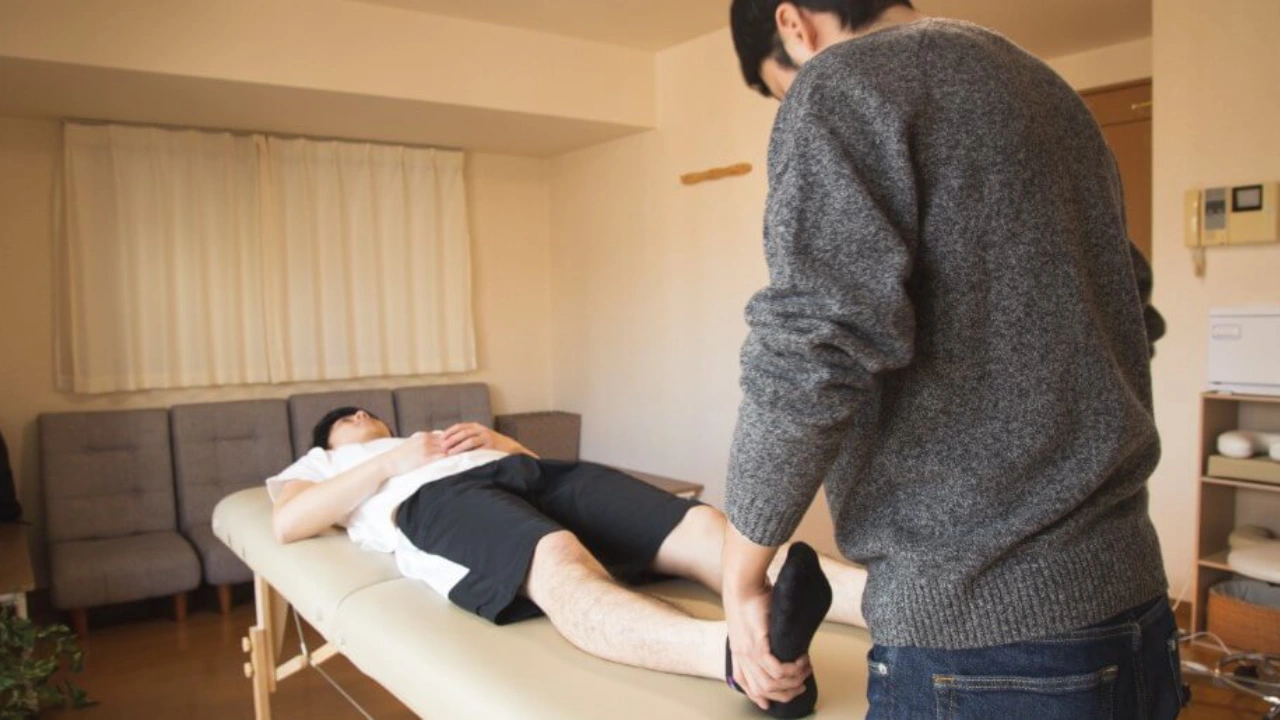Introduction to Parkinson’s Disease
Parkinson’s disease is a progressive neurological disorder that affects movement. It is characterized by tremors, stiffness, and difficulty with balance and coordination. Parkinson’s disease occurs when there is a loss of dopamine-producing cells in the brain. This loss leads to a variety of symptoms that can significantly impact a person’s quality of life.
Role of Physiotherapy in Parkinson’s Disease
Physiotherapy plays a crucial role in the management of Parkinson’s disease. Physiotherapists are trained to assess movement disorders and develop personalized treatment plans to address these issues. Physiotherapy can help improve mobility, flexibility, and balance in Parkinson’s patients. It can also help manage pain and prevent complications related to immobility.
Benefits of Physiotherapy for Parkinson’s Patients
There are many benefits of physiotherapy for Parkinson’s patients. Physiotherapy can help improve gait and balance, reducing the risk of falls. It can also help improve muscle strength and flexibility, making everyday tasks easier to perform. Additionally, physiotherapy can help improve posture and reduce muscle stiffness, improving overall quality of life.
Specific Physiotherapy Exercises for Parkinson’s Patients
There are several specific physiotherapy exercises that can benefit Parkinson’s patients. These exercises are designed to improve strength, flexibility, and balance. Examples of these exercises include:
- Gait training: This involves practicing walking to improve balance and coordination.
- Strength training: This involves using weights or resistance bands to strengthen muscles.
- Flexibility exercises: These exercises focus on improving flexibility in the muscles and joints.
- Balance exercises: These exercises help improve balance and reduce the risk of falls.
Importance of Regular Exercise for Parkinson’s Patients
Regular exercise is essential for Parkinson’s patients to maintain mobility and independence. Exercise can help improve overall health and well-being. It can also help manage symptoms of Parkinson’s disease, such as stiffness and tremors. Additionally, regular exercise can help improve mood and reduce stress.
Tips for Parkinson’s Patients Engaging in Physiotherapy
There are several tips for Parkinson’s patients engaging in physiotherapy:
- Stay consistent: Consistency is key when it comes to physiotherapy. Try to stick to a regular schedule of exercises.
- Communicate with your physiotherapist: Let your physiotherapist know if you are experiencing any changes in your symptoms or if you have any concerns.
- Listen to your body: If something doesn’t feel right, stop and consult with your physiotherapist.
- Stay positive: A positive attitude can go a long way in managing Parkinson’s disease.
Conclusion: The Future of Physiotherapy for Parkinson’s Disease
In conclusion, physiotherapy plays a crucial role in the management of Parkinson’s disease. It can help improve mobility, flexibility, and balance in Parkinson’s patients, improving their overall quality of life. With advances in physiotherapy techniques and technologies, the future looks bright for Parkinson’s patients seeking to manage their symptoms and improve their quality of life.
Statistics about Parkinson’s Disease Prevalence
According to the Parkinson’s Foundation, approximately 60,000 Americans are diagnosed with Parkinson’s disease each year, and it is estimated that one million Americans are currently living with the disease.
Challenges Faced by Parkinson’s Patients
Parkinson’s disease presents many challenges for patients, including mobility issues, tremors, and difficulty with everyday tasks. These challenges can significantly impact a person’s quality of life and independence.
Importance of a Multidisciplinary Approach in Managing Parkinson’s Disease
Managing Parkinson’s disease often requires a multidisciplinary approach. In addition to physiotherapy, patients may benefit from working with other healthcare professionals, such as neurologists, occupational therapists, and speech therapists. This approach ensures that all aspects of the disease are addressed, leading to better outcomes for patients.
Success Stories or Testimonials from Parkinson’s Patients
Many Parkinson’s patients have benefited from physiotherapy. Some have reported improvements in mobility, balance, and overall quality of life. For example, John, a Parkinson’s patient, has been undergoing physiotherapy for the past year and has seen significant improvements in his ability to walk and perform daily tasks.
In conclusion, physiotherapy is a valuable tool in managing Parkinson’s disease. By incorporating physiotherapy into a comprehensive treatment plan, patients can improve their mobility, balance, and quality of life. With continued research and advancements in physiotherapy techniques, the future looks promising for Parkinson’s patients seeking to manage their symptoms and live well with the disease.
Frequently Asked Questions
How do I know if physiotherapy is right for me?
Is physiotherapy covered by insurance?
Will physiotherapy be painful?
Conclusion
This Women’s Month, let’s take a moment to recognize the importance of women’s health, and the role that physiotherapy can play in improving it. Physiotherapy is a safe and effective way to help women regain their physical abilities, manage their symptoms, and improve their overall quality of life. If you’re experiencing any physical symptoms or limitations, or if you have a medical condition that affects your mobility, talk to your doctor or a physiotherapist to find out how physiotherapy can help you. Let’s work together to support women’s health and well-being, not just this month, but every day of the year.






